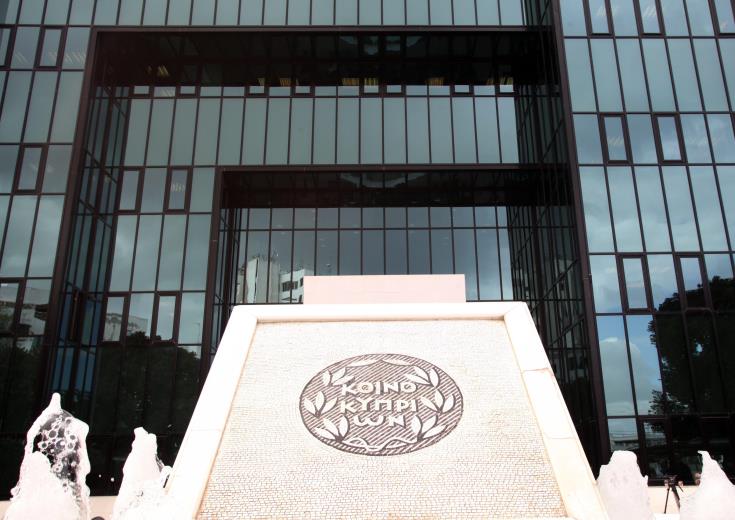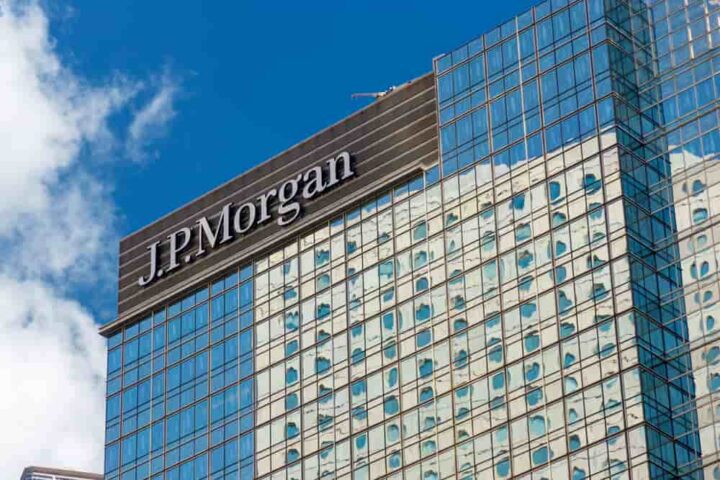Bank of Cyprus shareholders may have been delighted the former financial powerhouse has returned to a dividend-paying policy after a tumultuous decade of lost deposits, haircuts and share write-downs.
But when opening the envelope, the shock for many finally sunk in.
They had been duped all these years, and the reward was a paltry few euros or cents, making many wonder if it was still worth holding this stock, at least for another decade or so.
It took the bank’s management ten years, musical chairs with major shareholders, and several billion in rescues and bail-ins, to realise that attitudes had to change, and ordinary depositors and micro-shareholders were very angry.
Rightly so, many have been asking all these years why they shouldered the burden of saving the bank from overdrawn borrowers, especially some of the biggest and ‘reputable’ names in Cyprus industry and real estate.
And why former CEO John Hourican opted not to prosecute or sack the bank’s mid-level and senior managers, who generously rubber-stamped loans and mortgages to friends and politicians, rewarding them instead with golden handshakes and early retirement bonuses.
For over a century, the bank’s biggest asset was its staff, from a shopkeeper’s cooperative savings and loan to reaching a stage of international expansion (more than it could handle).
Today, they’re its biggest liability.
Without the euros and cents in bank charges paid by customers and depositors, the bank would not have had the money to pay its staff through these critical years.
These are the same people who resisted the digital age, as a result of which, from a pioneer in the 1980s and ’90s, the bank became a laggard in new technologies and online services.
Looking at its balance sheet, the only other serious revenue for the bank is from its insurance divisions.
New business, especially the need for fresh capital from corporates, is difficult to come by, despite declarations the bank is the ‘driving force’ of the Cyprus economy.
The small to medium-sized enterprises, at least the ones that have endured all these years, are now looking for alternatives, digital banks, crypto even.
Especially as these services are offered at far lower rates than the legacy banks, customers who have closed the digital divide are more likely to seek financial services from other countries, as long as the fees are low and support is around the clock.
And interest-earning deposits have become a thing of the past.
Many have balanced their accounts better and would prefer to work with as little credit as possible so as not to be strangled by the demands for collateral.
The Bank of Cyprus is considering rewarding borrowers consistent with their mortgage instalments, offering them bonus points on their credit cards, which they can redeem at retail stores.
This is a drop in the ocean for customers who want bankers to speak to, who would understand their problems and offer solutions.
At least the management has realised some customers need occasional encouragement.
But until things return to normal, the Bank of Cyprus has a long journey where it must listen to its customers.
Until then, the micro-cheques will still be coming in the post until they will no longer be worth the paper they are printed on.










